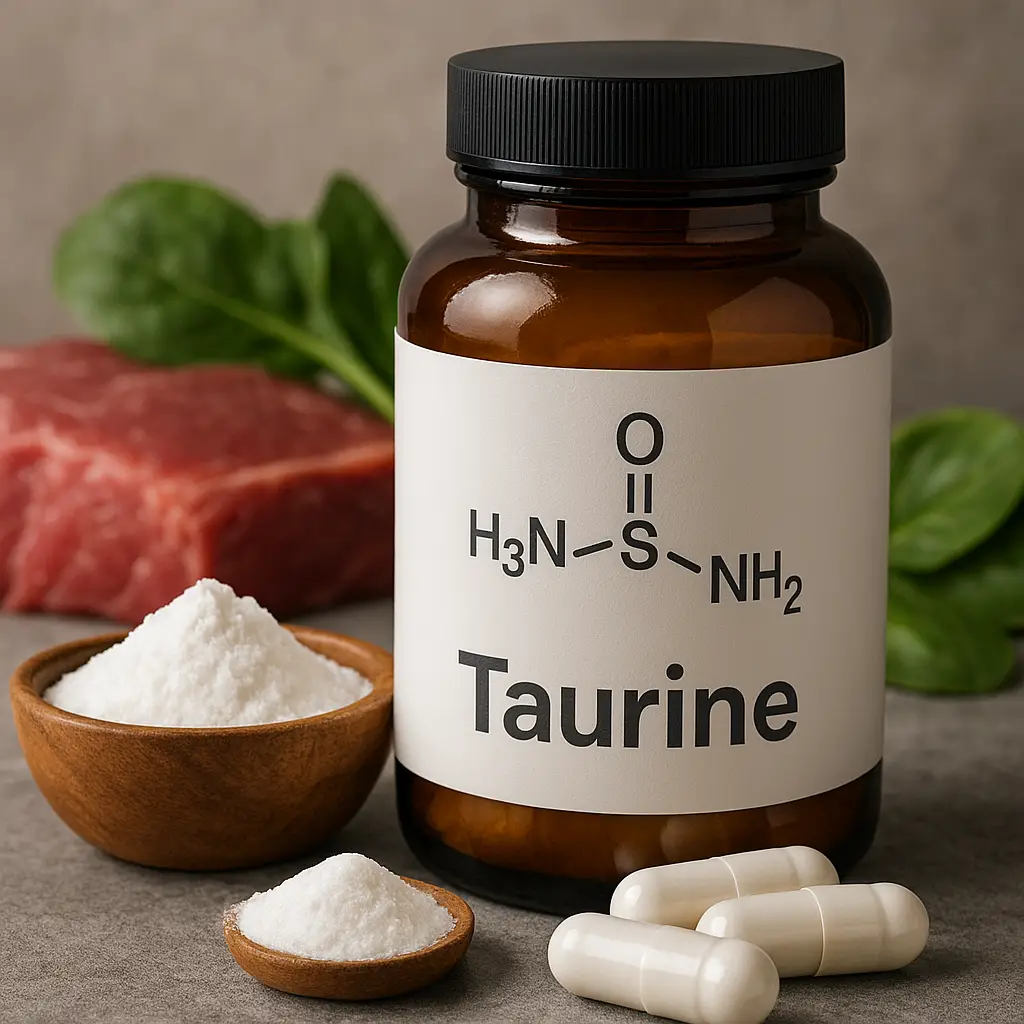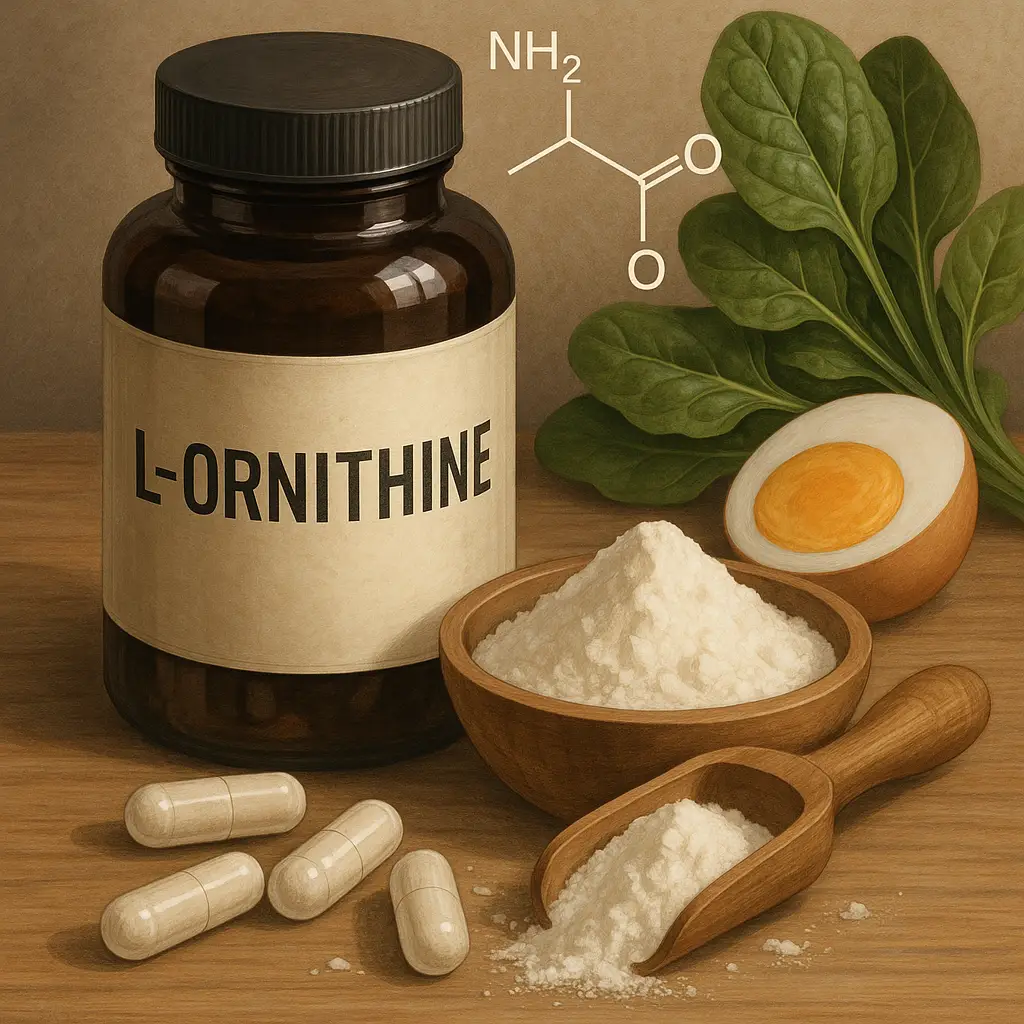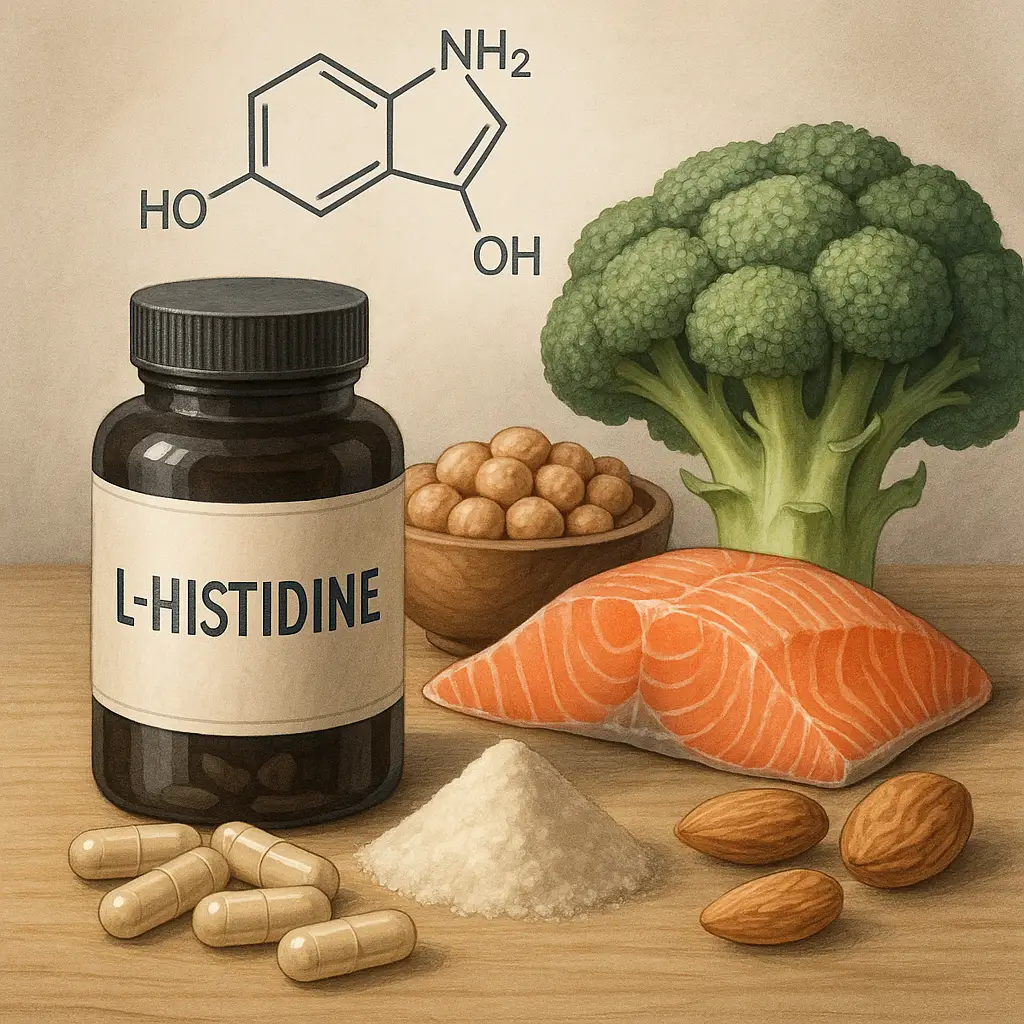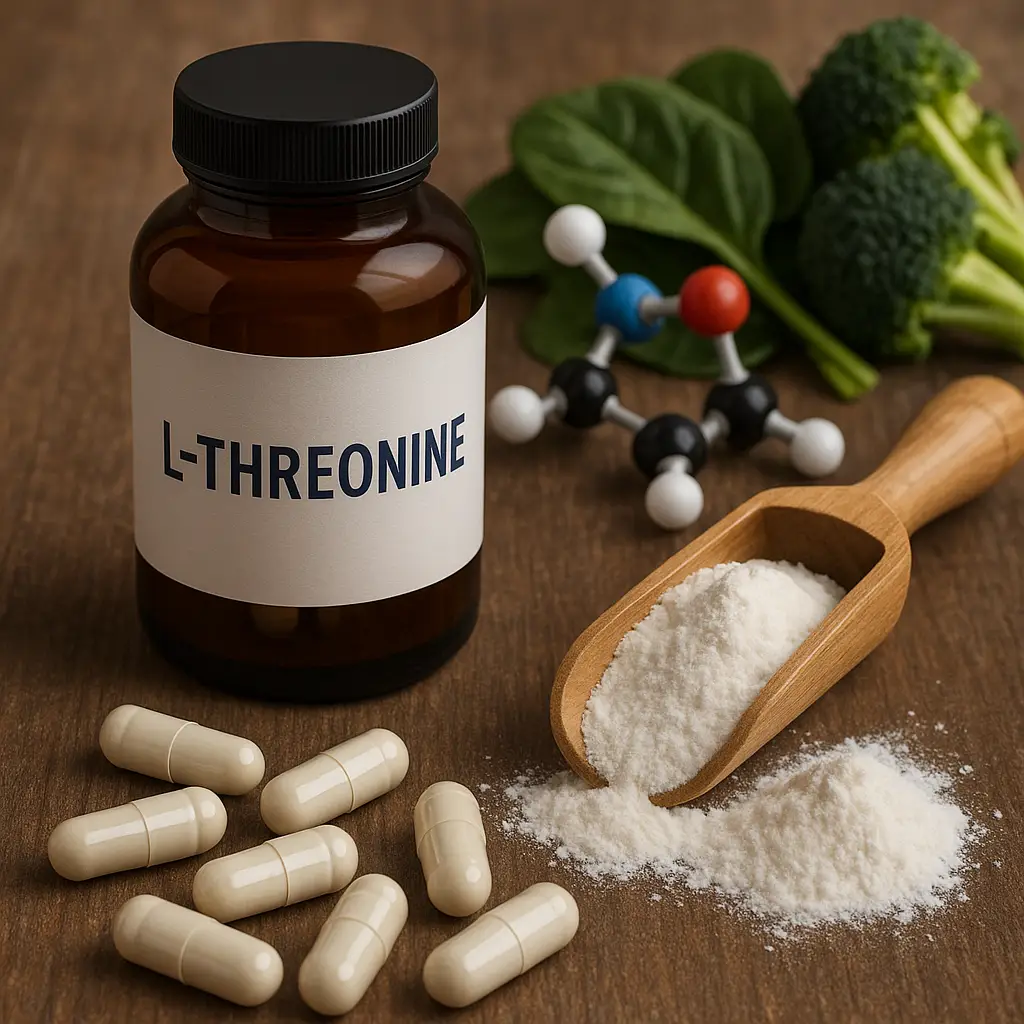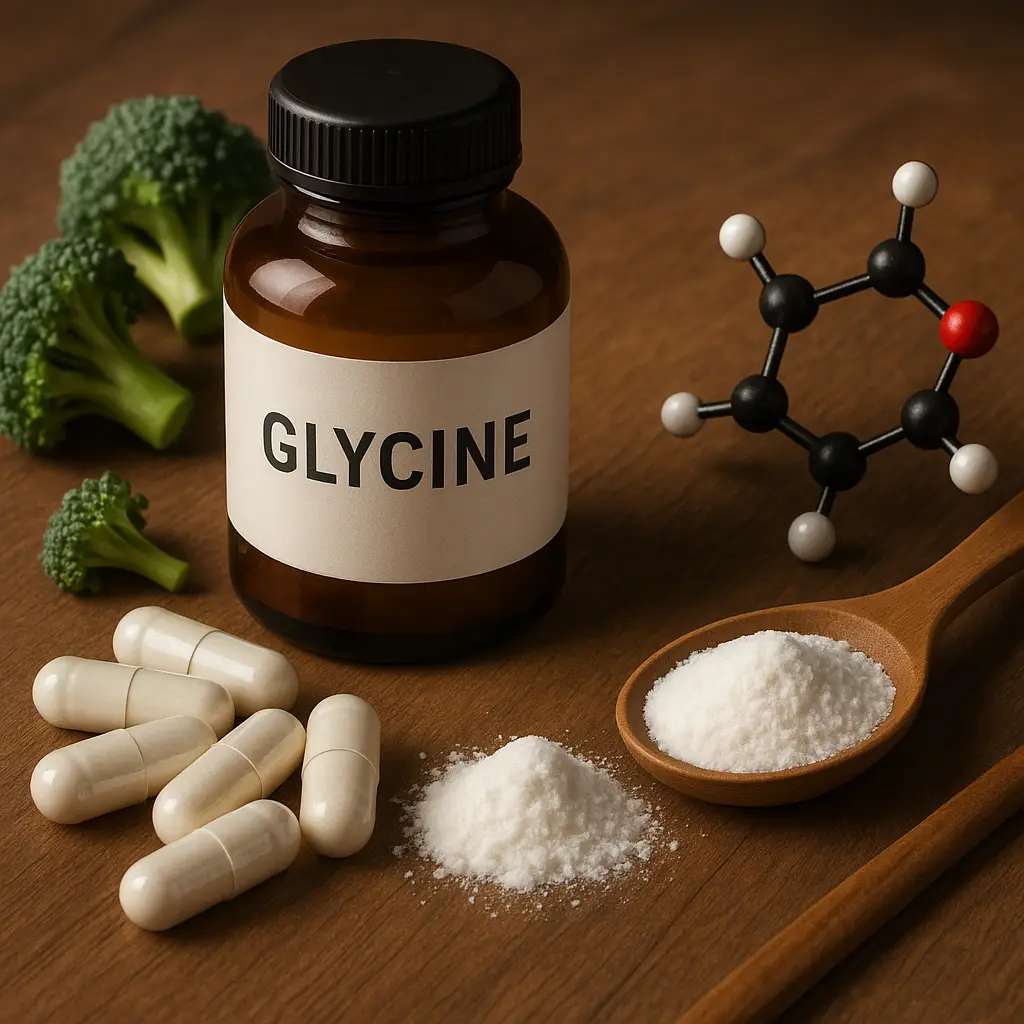Taurine
What is Taurine?
Taurine is a sulfur-containing amino acid that plays a critical role in several physiological processes within the body. Unlike many amino acids, taurine is not used to build proteins, but it is essential for various biological functions. It was first isolated from bull bile in the 1820s, which is how it got its name (from the Latin word 'taurus,' meaning bull). The body can synthesize taurine from other amino acids, primarily cysteine and methionine, but it can also be obtained through dietary sources.
Benefits of Taurine
- Cardiovascular Health: Taurine helps regulate blood pressure and may reduce the risk of heart disease by improving endothelial function and reducing cholesterol levels.
- Muscle Function: It is essential for muscle contraction and may help reduce fatigue and improve exercise performance, particularly in endurance activities.
- Antioxidant Properties: Taurine has antioxidant effects, which help protect cells from oxidative stress and inflammation.
- Nervous System Support: It plays a role in neurotransmission and can have a calming effect on the brain, potentially reducing anxiety and improving focus.
- Potential Weight Loss Aid: Some studies suggest taurine supplementation may support weight management by improving metabolic rate and promoting fat oxidation.
Types or Forms Available of Taurine
Taurine is commonly available in the following forms:
- Powder: A versatile form that can be easily mixed into beverages or smoothies.
- Capsules/Tablets: Convenient for individuals who prefer a pre-measured dose.
- Energy Drinks: Often included due to its potential benefits in improving physical performance and focus.
How to Use Taurine
The recommended dosage of taurine varies based on individual needs, but general guidelines suggest:
- General Health: 500 mg to 2000 mg per day.
- For Athletic Performance: 1500 mg to 3000 mg taken before or after exercise can help improve performance and recovery.
- Timing: Taking taurine around workout times may maximize its benefits, either shortly before or after exercise.
Side Effects and Considerations of Taurine
Taurine is generally considered safe for most people when taken in recommended dosages. However, high doses (above 3000 mg) may lead to mild side effects such as:
- Gastrointestinal discomfort (e.g., diarrhea or nausea).
- Headaches or dizziness in sensitive individuals.
It is advisable for individuals with specific medical conditions, particularly those related to kidney function, to consult a healthcare provider before starting taurine supplementation.
Foods Rich in Taurine
Taurine can be naturally found in various foods, particularly animal-based products:
- Meat (especially red meat).
- Fish and shellfish.
- Poultry (Chicken and turkey).
- Dairy products (milk and eggs).
Common Myths About Taurine
- "Taurine is only for bodybuilders or athletes." - In fact, taurine can benefit anyone, including those with cardiovascular health issues or metabolic disorders.
- "Taurine is only found in energy drinks." - While it is commonly included in energy drinks, many natural food sources provide taurine, and supplements are available as standalone products.
- "Taurine causes dehydration." - Contrary to this belief, taurine actually helps maintain fluid balance in cells.
Conclusion
Taurine is a crucial nutrient that provides diverse health benefits, from supporting cardiovascular health to enhancing exercise performance. It is safe, effective, and found in many dietary sources, making it accessible for individuals seeking to improve their overall well-being or athletic performance. By understanding and incorporating taurine into your diet, you can maximize its potential advantages for your health and fitness goals.



